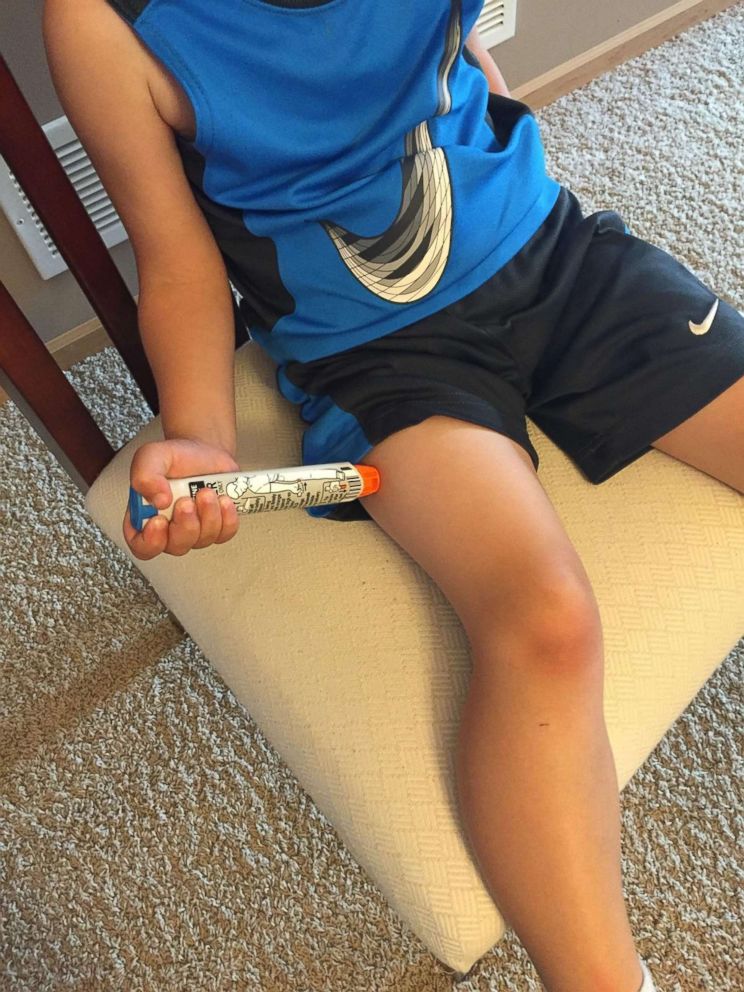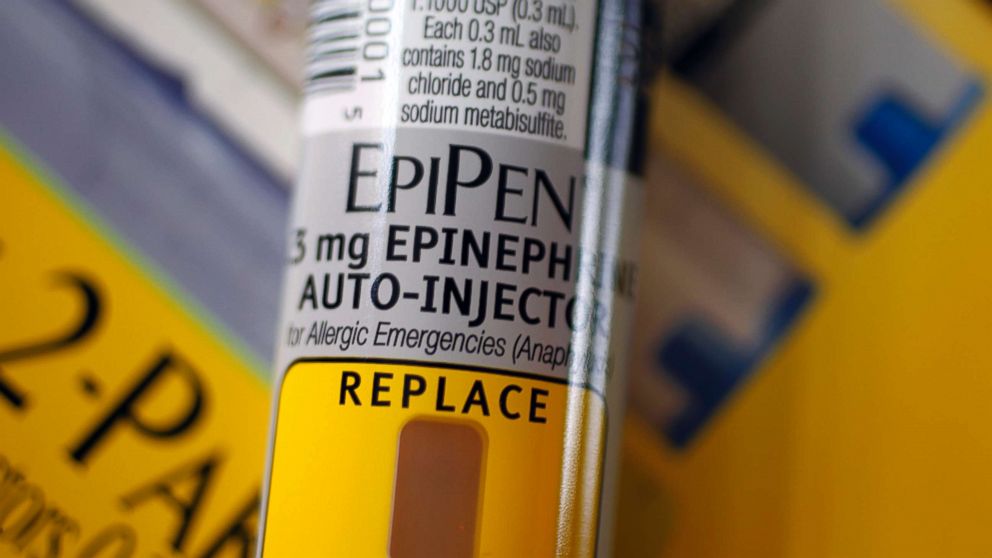What to know about the anticipated EpiPen shortage
People with serious allergies may have been alarmed by the U.S. Food and Drug Administration's announcement Wednesday that manufacturing delays could cause shortages of the epinephrine injectors on which they rely.
But the FDA said it anticipates the shortage to be short-term and that it does not mean people won't be able to get EpiPens or generic injectors -- they just might be more difficult to find, or patients may need to try a new brand. Ahead, here is what users can do to get through the anticipated shortage.
What should people who rely on epinephrine injectors do first?
Check your supply now. If you or someone in your family has an allergy and carry an epinephrine auto-injector, first things first. Check the expiration date on the ones you have, and if any have expired, call your doctor or pharmacy for a refill.

Is there a number to call for help with refills?
If you’re trying to get that refill and have a problem, the FDA is directing people to contact Mylan Customer Relations at 800-796-9526 for help in locating alternative pharmacies. Mylan is the company that partners with Pfizer to make EpiPens.
Does the brand matter?
All of the auto-injectors on the market contain the same drug: epinephrine. For example, the AUVI-Q injector is still widely available and not part of the shortage. But the way they are injected, and the instructions on how to use them, are different for each product.
What if a certain brand isn't available?
Patients who need to use a different brand during the shortage should make sure they're familiar with how to use their new device. The moment before a life-threatening allergic reaction -- anaphylaxis -- is not the time to read the instructions.
Sunny Intwala, M.D., is a third-year Cardiology fellow affiliated with Boston University School of Medicine and a clinical exercise physiologist who works in the ABC News Medical Unit.




